Festivals in Honduras, located in Central America, is a country with a rich cultural heritage influenced by its indigenous roots, Spanish colonial history, and diverse ethnic communities. The festivals and holidays in Honduras are vibrant celebrations that reflect the nation’s history, religious traditions, and cultural diversity. In this exploration, we will delve into some of the most relevant festivals and holidays in Honduras, examining their historical origins, cultural significance, and the ways in which they contribute to the nation’s identity.
1. Independence Day – September 15th
Independence Day in Honduras is a significant national holiday celebrated on September 15th. The day commemorates the country’s declaration of independence from Spanish rule in 1821, along with other Central American nations. Independence Day is marked by patriotic events, parades, and cultural activities throughout the nation.
In Tegucigalpa, the capital, and other cities, people gather to witness military parades, flag ceremonies, and cultural performances. The celebration emphasizes Honduran identity and the historical struggles for sovereignty. Independence Day serves as a unifying event that brings together Hondurans from different walks of life to celebrate their nation’s history.
2. Semana Santa – Holy Week (March/April)
Semana Santa, or Holy Week, is a significant religious observance in Honduras, as in many other predominantly Catholic countries. The week leading up to Easter is marked by religious processions, church services, and cultural events.
In cities and towns across Honduras, elaborate processions reenact biblical scenes, and participants engage in acts of penance and devotion. Semana Santa is a time for reflection, prayer, and communal activities, bringing communities together to observe the religious significance of the season.
3. Feria Juniana – June
The Feria Juniana is one of Honduras’ most anticipated cultural events, celebrated in the city of San Pedro Sula during the month of June. The festival commemorates the city’s patron saint, Saint Peter, and includes a diverse range of activities.
Feria Juniana features parades, musical performances, traditional dances, and cultural exhibitions. The festival is a vibrant expression of Honduran identity and pride, drawing locals and visitors alike to partake in the festivities. The celebration contributes to the cultural richness of San Pedro Sula and showcases the city’s commitment to preserving its heritage.
4. La Ceiba Carnival – May
The La Ceiba Carnival is a lively and colorful celebration held in the city of La Ceiba during the month of May. The carnival is one of Honduras’ most famous events, attracting participants from various regions and neighboring countries.
La Ceiba Carnival features vibrant parades with elaborate floats, traditional costumes, and lively music. The carnival’s atmosphere is festive and exuberant, with participants and spectators alike joining in the revelry. The celebration reflects the dynamic and inclusive nature of Honduran culture, fostering a sense of unity and joy.
5. Dia de la Raza – October 12th
Dia de la Raza, or Columbus Day, is celebrated on October 12th in Honduras. The day commemorates Christopher Columbus’s arrival in the Americas and is observed as a national holiday. While the holiday has historical roots, it also acknowledges the diverse cultural heritage of the Honduran people.
Dia de la Raza is marked by various events, including parades, cultural exhibitions, and educational activities that highlight the contributions of indigenous and mestizo communities to the country’s identity. The celebration serves as a reminder of the cultural diversity that defines Honduras.
6. Lempira Day – July 20th
Lempira Day is dedicated to the memory of Lempira, a native Lenca chief who fiercely resisted Spanish colonization in the 16th century. Celebrated on July 20th, the day honors Lempira’s legacy as a symbol of resistance and indigenous pride.
Lempira Day includes cultural events, educational activities, and community gatherings that celebrate the resilience and contributions of indigenous communities in Honduras. The observance fosters a connection between the country’s past and present, emphasizing the importance of preserving indigenous heritage.
7. Festival Nacional de la Mejorana – January
The Festival Nacional de la Mejorana is an annual folk music festival held in the town of Santa Rosa de Copán. Celebrated in January, the festival showcases traditional Honduran music, particularly the mejorana, a string instrument with indigenous roots.
Musicians and performers from different regions participate in the festival, contributing to the preservation and promotion of traditional Honduran music. The event serves as a cultural exchange and a platform for artists to share their talents while highlighting the importance of folk traditions in Honduran culture.
8. Dia del Indio Lempira – July 20th
Dia del Indio Lempira is dedicated to celebrating the indigenous heritage of Honduras, specifically honoring the legacy of Lempira, the Lenca chief. The day, observed on July 20th, includes cultural events, traditional ceremonies, and educational activities.
Dia del Indio Lempira serves as a reminder of the indigenous roots that contribute to Honduras’ cultural mosaic. Communities come together to pay homage to Lempira and celebrate the resilience and cultural richness of indigenous groups across the country.
9. Dia de la Bandera – February 1st
Dia de la Bandera, or Flag Day, is celebrated on February 1st in Honduras. The day honors the national flag and its significance as a symbol of Honduran identity and sovereignty. Educational activities, flag ceremonies, and patriotic events take place in schools, government offices, and public spaces.
Dia de la Bandera underscores the importance of national symbols and fosters a sense of pride and unity among Hondurans. The celebration emphasizes the values represented by the flag and their connection to the country’s history.
10. Dia del Nino – September 10th
Dia del Nino, or Children’s Day, is celebrated on September 10th in Honduras. The day is dedicated to honoring and celebrating children, recognizing their importance in society and emphasizing the need for their well-being and development.
Schools, communities, and families organize special events, activities, and gifts for children on Dia del Nino. The celebration highlights the value placed on the younger generation and their role in shaping the future of Honduras.
Conclusion
Honduras’ festivals and holidays provide a fascinating glimpse into the country’s cultural diversity, historical roots, and contemporary expressions of identity. From the patriotic fervor of Independence Day to the exuberant celebrations of La Ceiba Carnival, each event contributes to the vibrant tapestry of Honduran culture.
These celebrations are not merely occasions for revelry; they are expressions of Honduras’ resilience, creativity, and commitment to preserving its unique identity. Whether through colorful parades, traditional dances, or cultural exhibitions, Hondurans come together to celebrate their history, culture, and shared values.
Moreover, these festivals serve as a bridge between Honduras’ past and present, fostering cultural continuity and dialogue. Events like the Festival Nacional de la Mejorana and Dia del Indio Lempira highlight the importance of preserving indigenous heritage and recognizing the contributions of different communities to the nation’s cultural mosaic.
As Honduras continues to evolve, these festivals will undoubtedly remain integral to the fabric of the nation. They provide a space for both Hondurans and visitors to engage
with the cultural richness of the country, experiencing the traditions, stories, and collective spirit that define this captivating Central American nation.


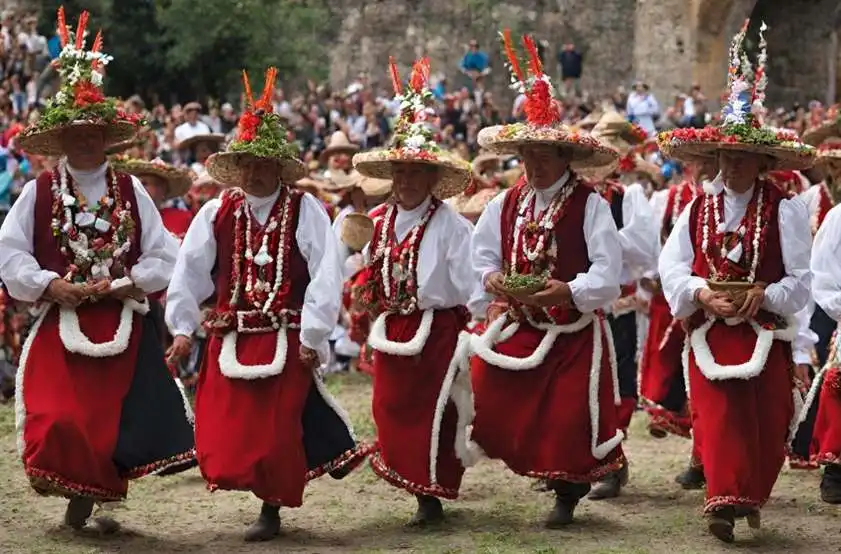
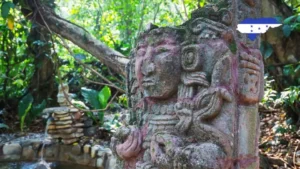
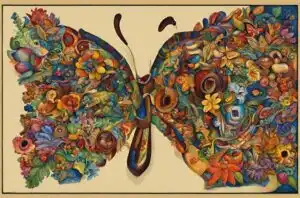
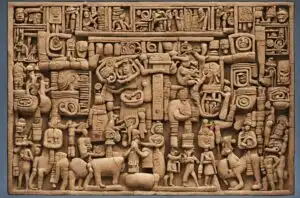
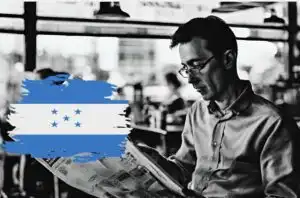

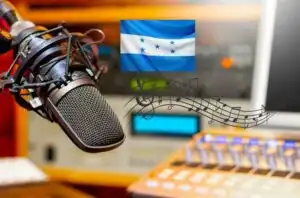
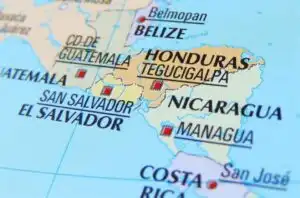
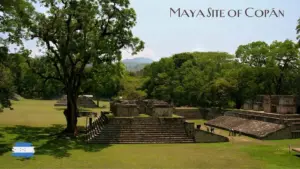
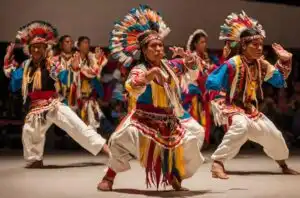

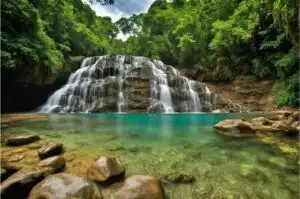
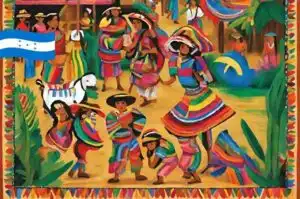
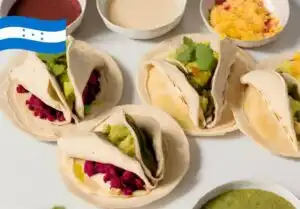
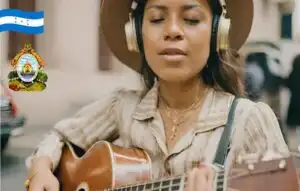
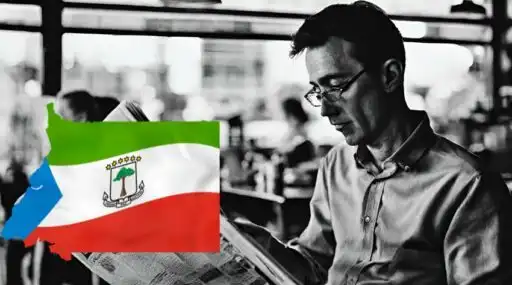
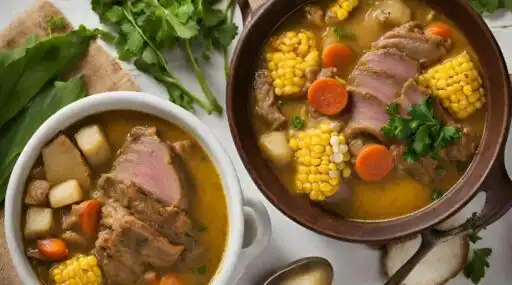
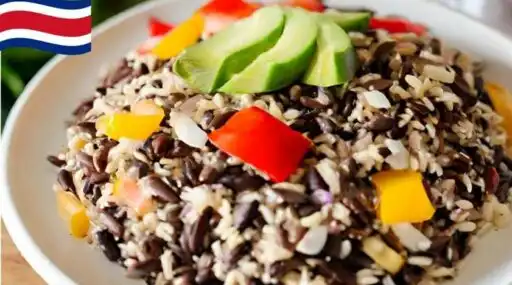
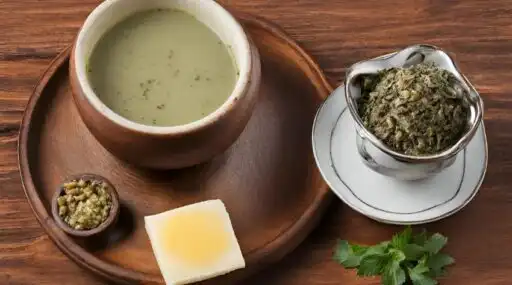
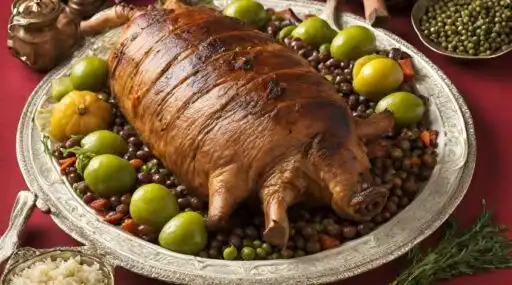
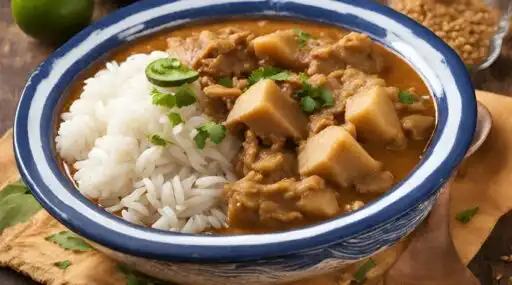
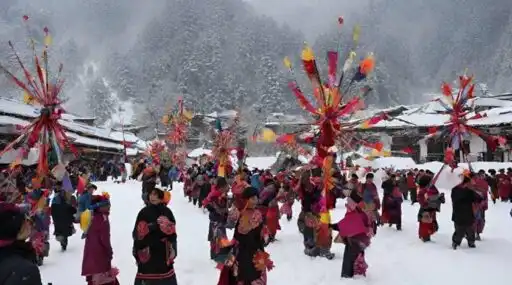
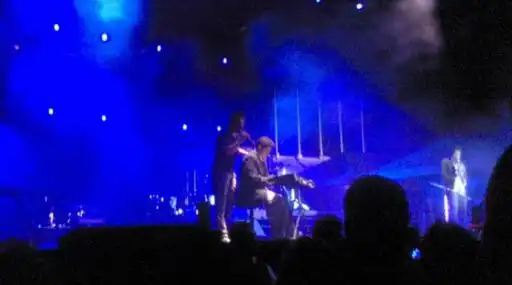
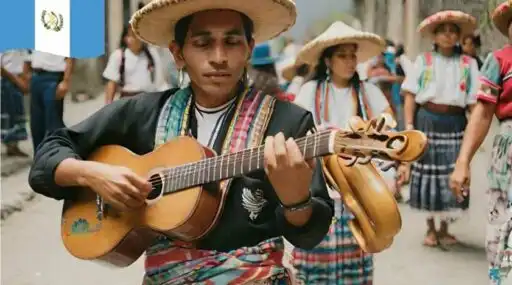
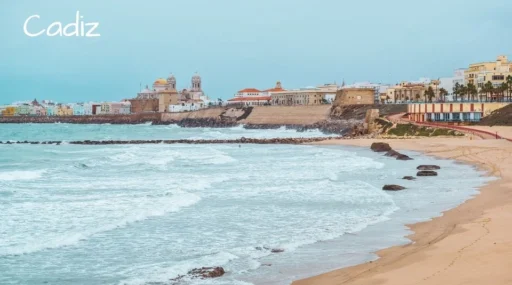
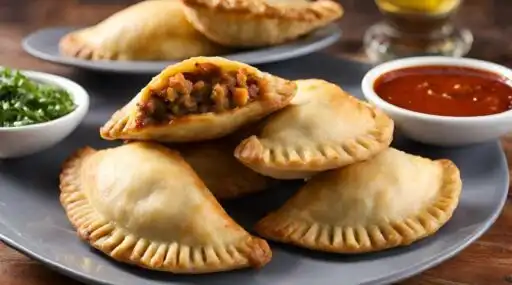
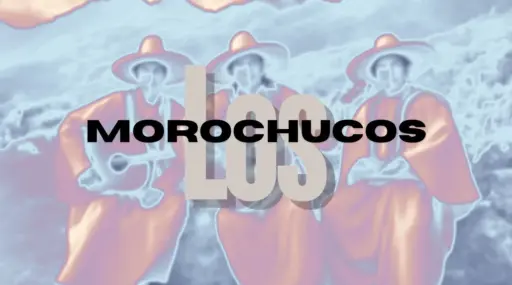
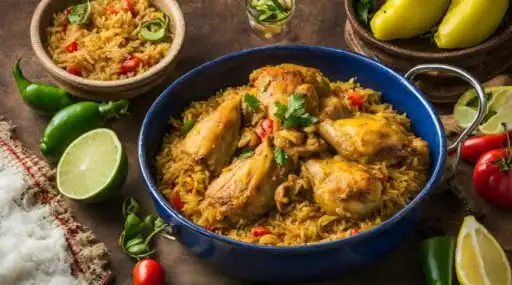
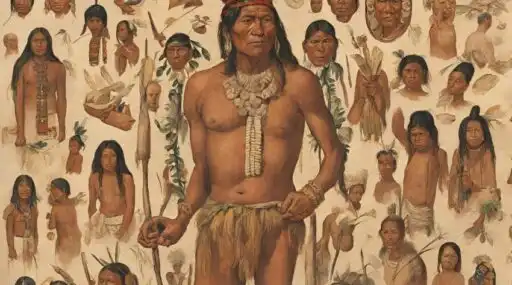
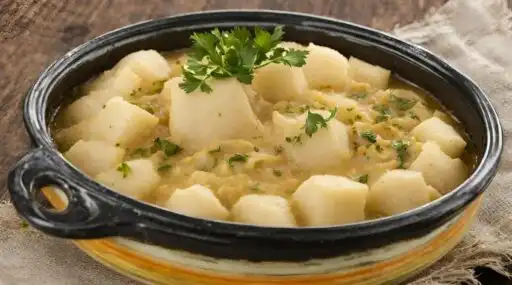
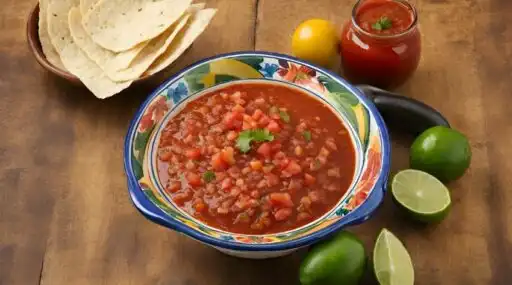
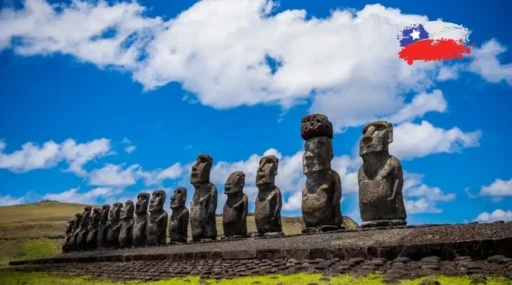
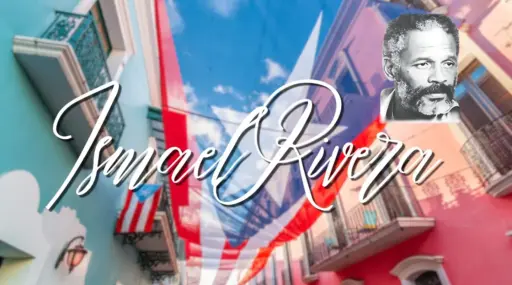
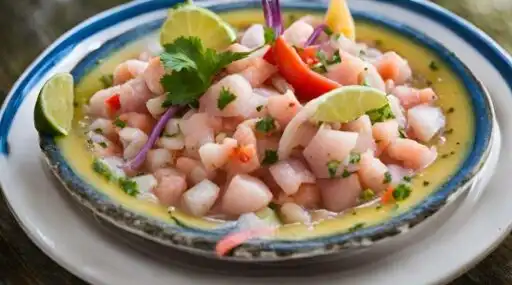

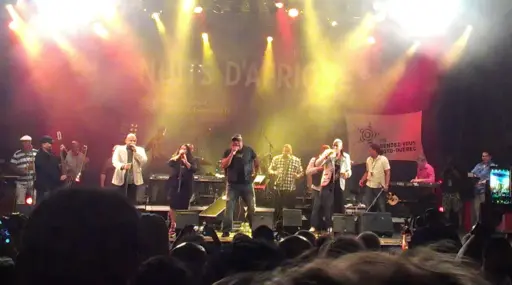



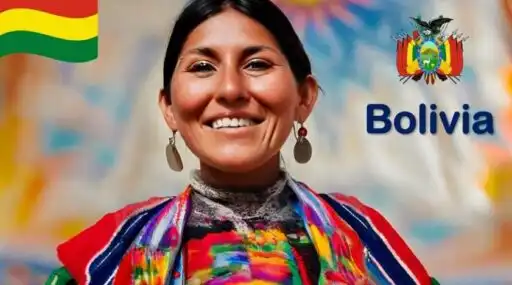


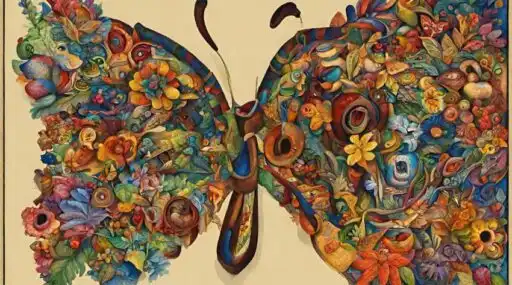
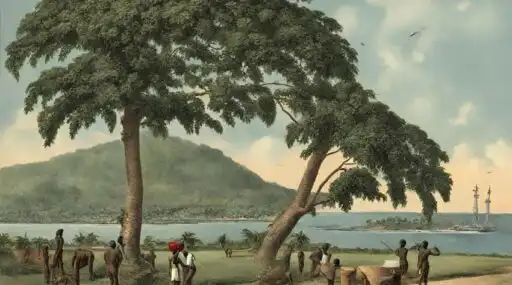
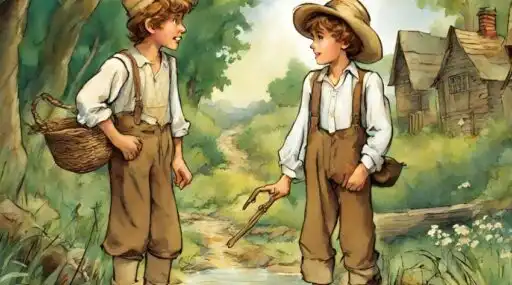
Leave a Reply